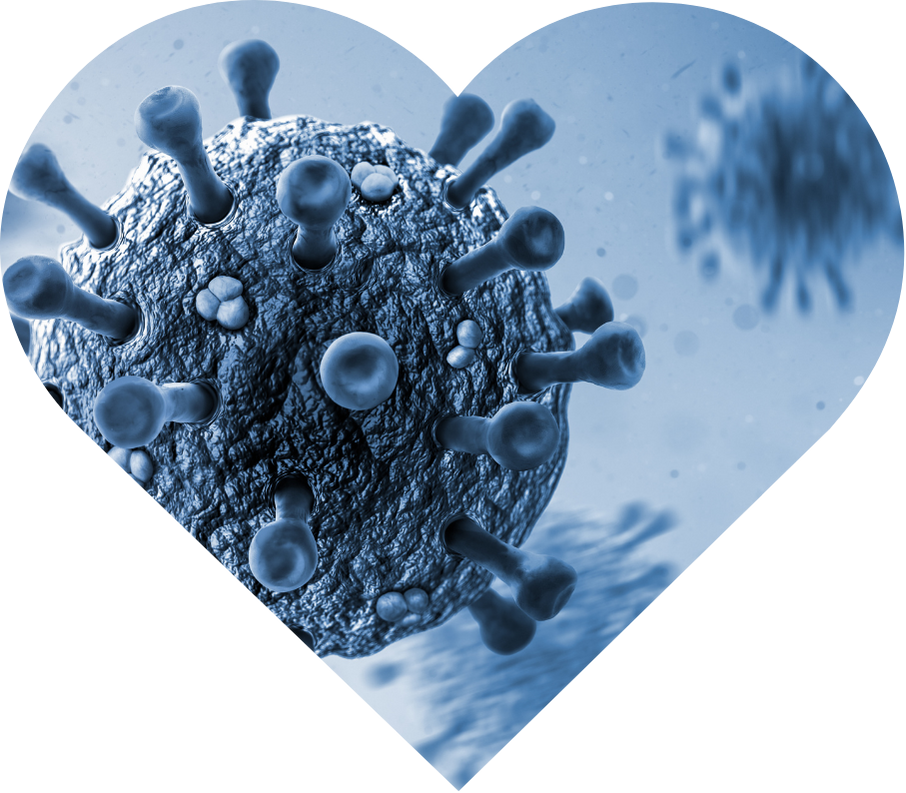Myth: A strong immune system requires exotic powders and expensive berries. Reality: An everyday snack can measurably do more. Almonds – unspectacular, available, inexpensive – have been shown to increase Vitamin E status and improve markers of the gut barrier, a central line of defense for our immune system [1].
The immune system is not a single organ but a network of cells, signaling molecules, and barriers. Particularly important is the gut barrierprotective cell layer of the gut that prevents pathogens and inflammatory substances from entering the bloodstream. When it falters, low-grade inflammationpersistent, weak inflammatory activity that burdens energy, metabolism, and cardiovascular health increases. Vitamin E – specifically α-tocopherolthe most biologically active form of Vitamin E – acts as an antioxidant, stabilizes cell membranes, and supports immune cells against oxidative stress. Almonds provide α-tocopherol, soluble fibers, and unsaturated fatty acids – a trio that strengthens barriers, dampens inflammation, and enhances nutrient absorption [1].
Regular almond consumption improves blood Vitamin E status and increases the excretion of a Vitamin E metabolite, according to a controlled intervention – a clear sign of improved supply [1]. At the same time, LDL cholesterol and waist circumference slightly decreased without weight gain – a plus for cardiovascular health and metabolic stability. Particularly exciting for immune performance: biomarkers of intestinal inflammation (calprotectin, myeloperoxidase) improved in individuals with elevated baseline inflammation, indicating a more robust gut barrier – and thus fewer "misfires" of the immune system [1].
In a 12-week randomized dietary intervention, adults with metabolic syndrome received either almonds (about 56 g) or calorie-matched crackers daily. The almond group showed a broad nutrient upgrade: more α-tocopherol, soluble fibers, copper, biotin, magnesium, and more unsaturated fatty acids. Meanwhile, plasma levels of α-tocopherol rose relative to cholesterol, and the Vitamin E degradation marker α-CEHC increased – a consistent signal for improved Vitamin E bioavailability. Clinically relevant: LDL cholesterol dropped, waist circumference moderately improved, and in individuals with elevated baseline inflammation, stool markers of intestinal inflammation decreased. Not everything changed: weight, total energy intake, fasting glucose, and systemic inflammatory markers in blood remained stable. This makes the result more robust: the benefits are not explained by calorie reduction but by the bioactive components of almonds [1]. The relevance for high performers is clear: better barrier function, reduced intestinal inflammation, and an optimized Vitamin E status can enhance immune resilience and cardiometabolic health – central pillars for energy, focus, and longevity.
- Incorporate 30–60 g of almonds per day (about one to two handfuls) as a snack or topping; studies used around 56 g daily [1].
- Swap processed snacks (crackers, pastries) for almonds to keep calories constant while increasing Vitamin E and unsaturated fatty acids [1].
- Combine almonds with Vitamin E-friendly foods like leafy greens or bell peppers in salads; the fat from almonds improves the absorption of fat-soluble vitamins (common nutritional physiology).
- Use almonds around workouts: a small portion 60–90 minutes before provides stable energy and antioxidants without blood sugar spikes (commonly known).
- Pay attention to tolerability: start with 20–30 g daily and increase as needed; for nut allergies, consider alternatives like sunflower seeds for Vitamin E (commonly known).
Your immune upgrade doesn't have to be exotic. A handful of almonds daily can boost Vitamin E, stabilize the gut barrier, and protect your heart – without extra calories. Start this week with the snack swap and feel how energy, focus, and resilience add up [1].
This health article was created with AI support and is intended to help people access current scientific health knowledge. It contributes to the democratization of science – however, it does not replace professional medical advice and may present individual details in a simplified or slightly inaccurate manner due to AI-generated content. HEARTPORT and its affiliates assume no liability for the accuracy, completeness, or applicability of the information provided.












